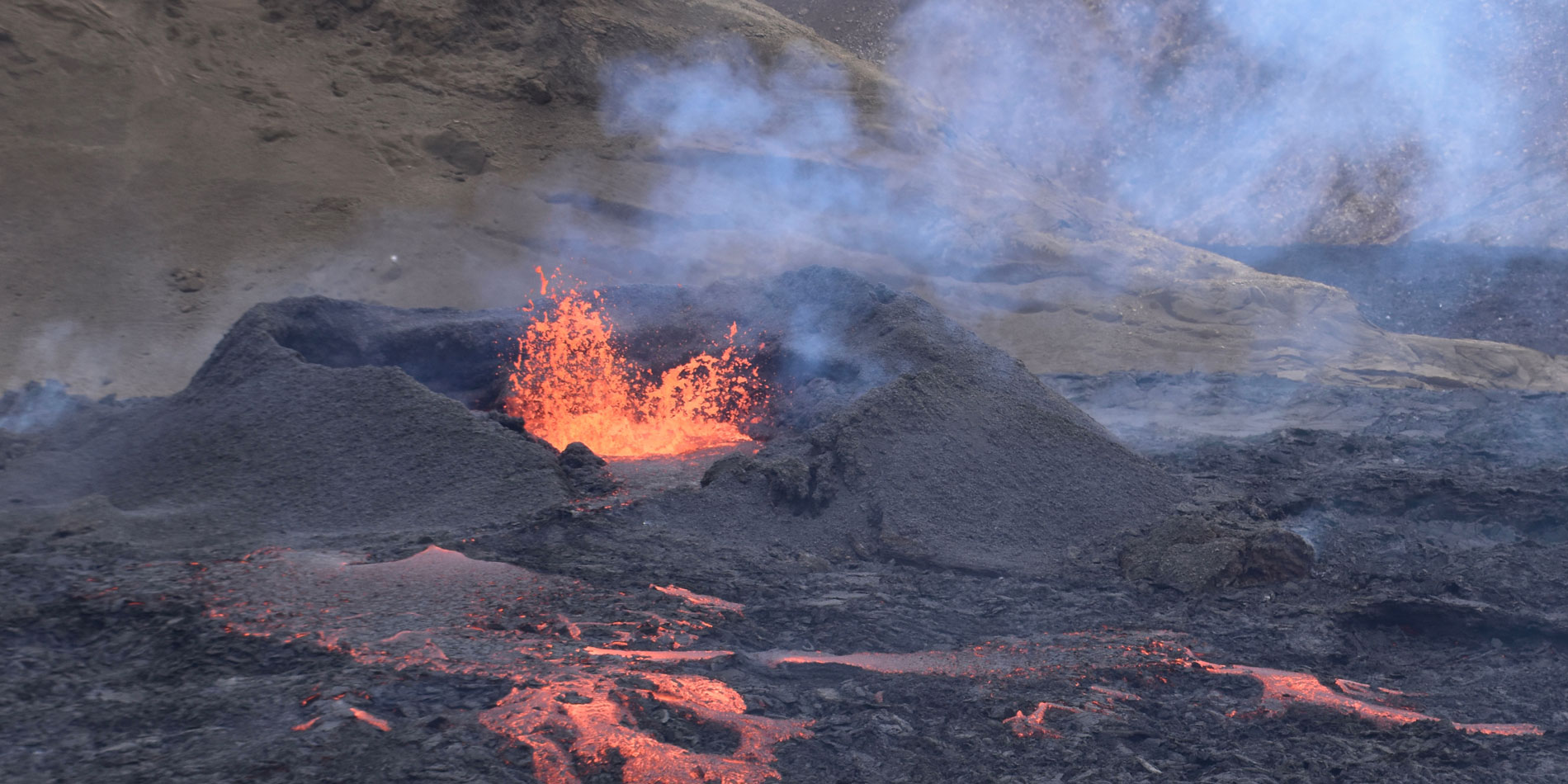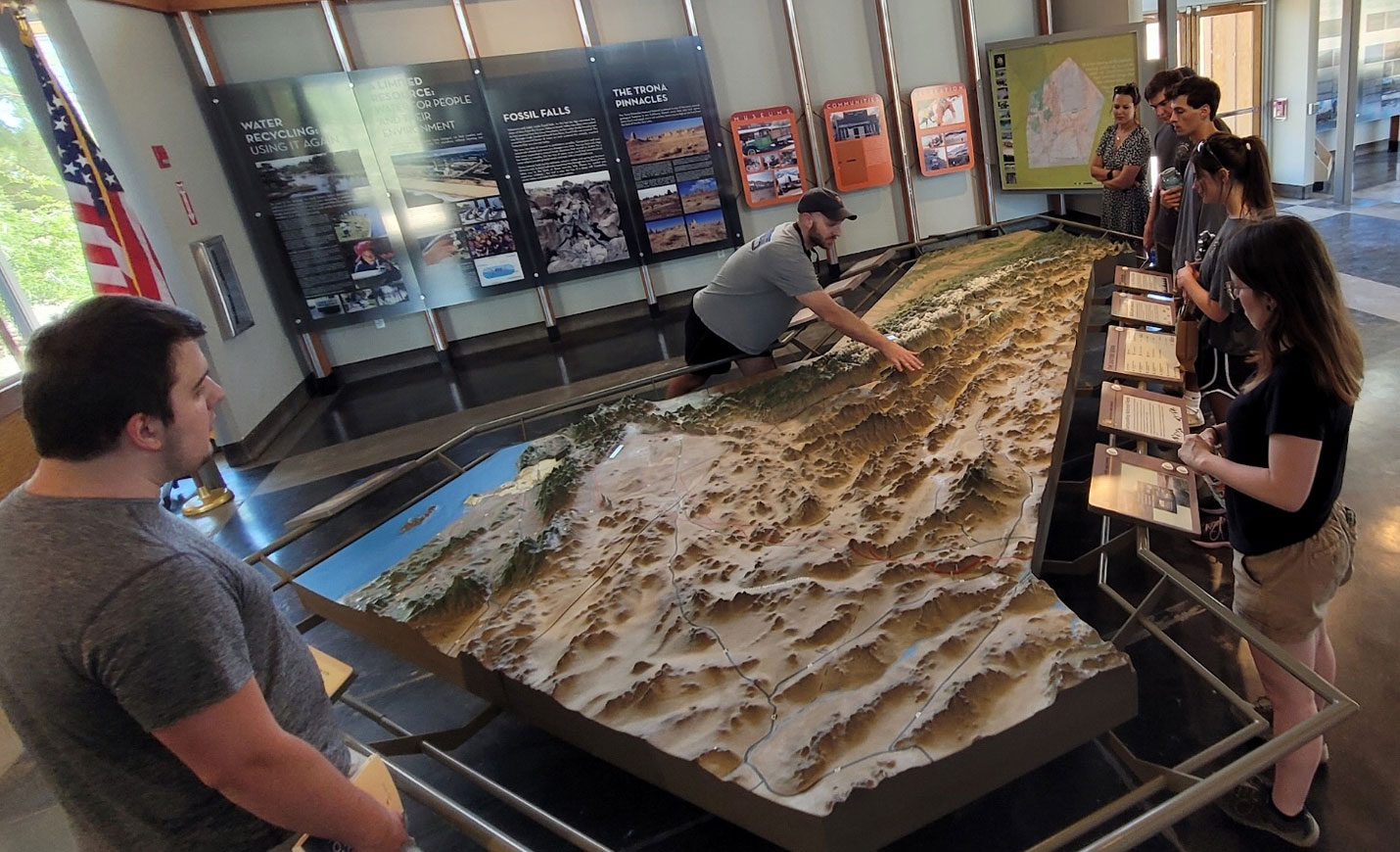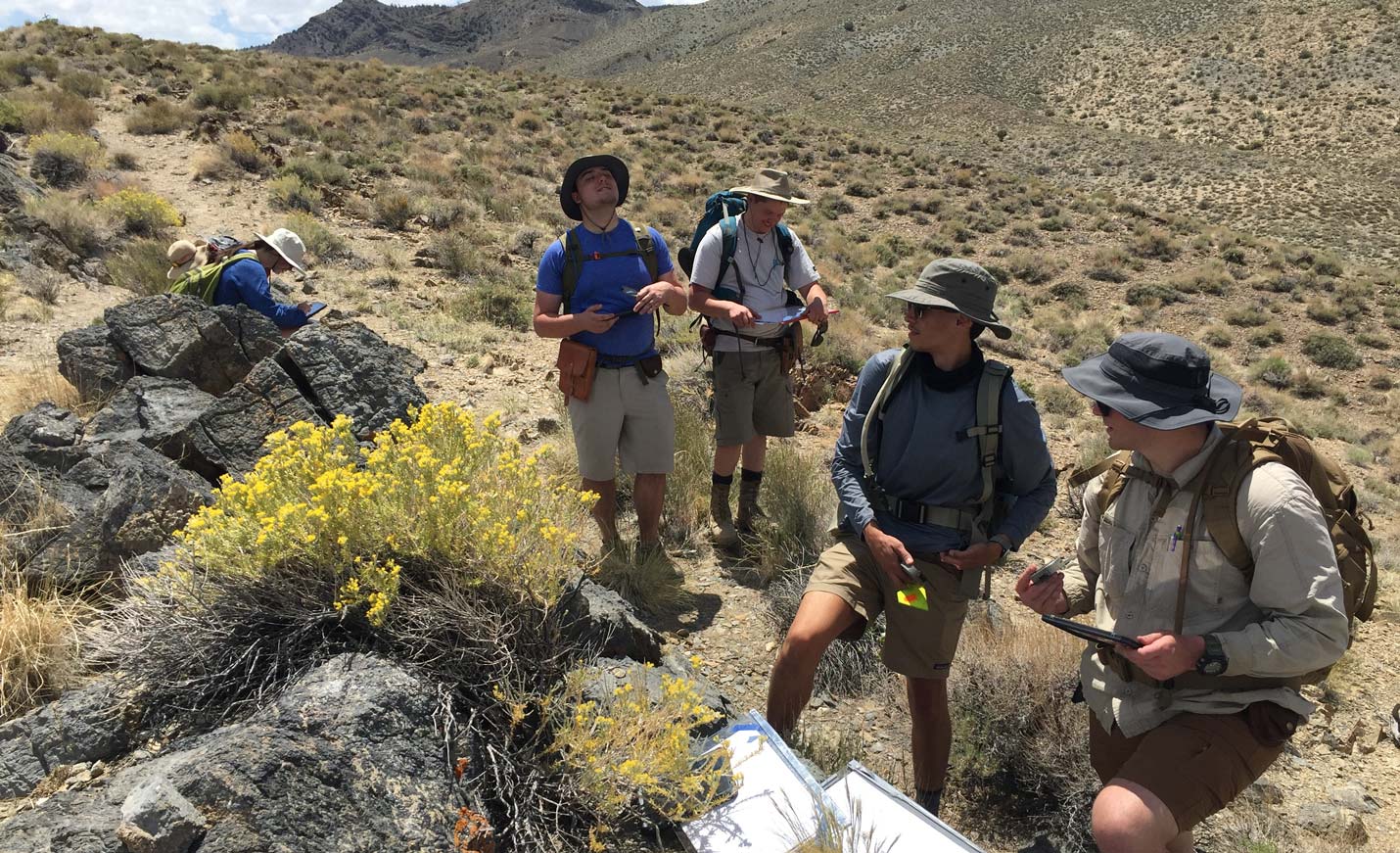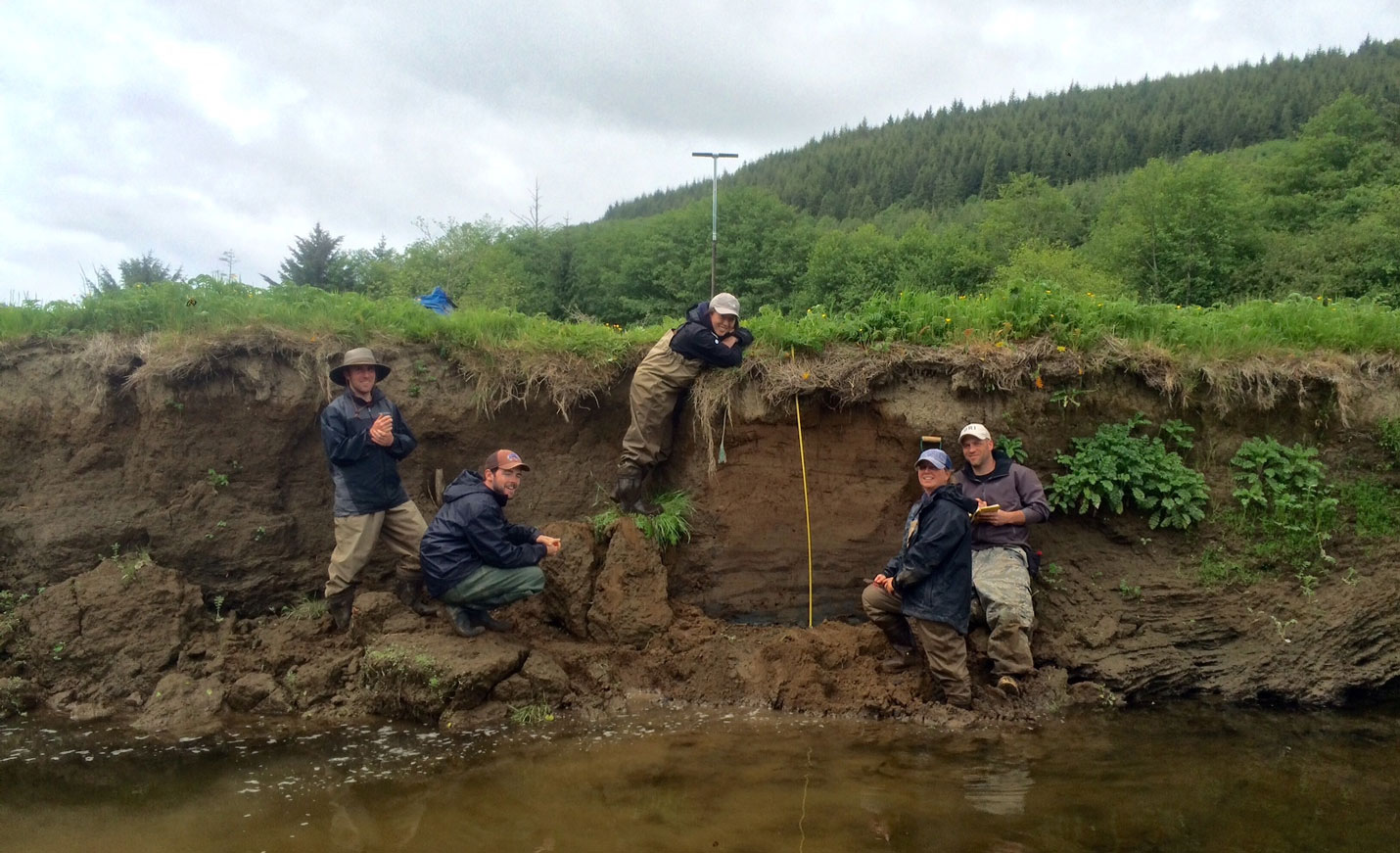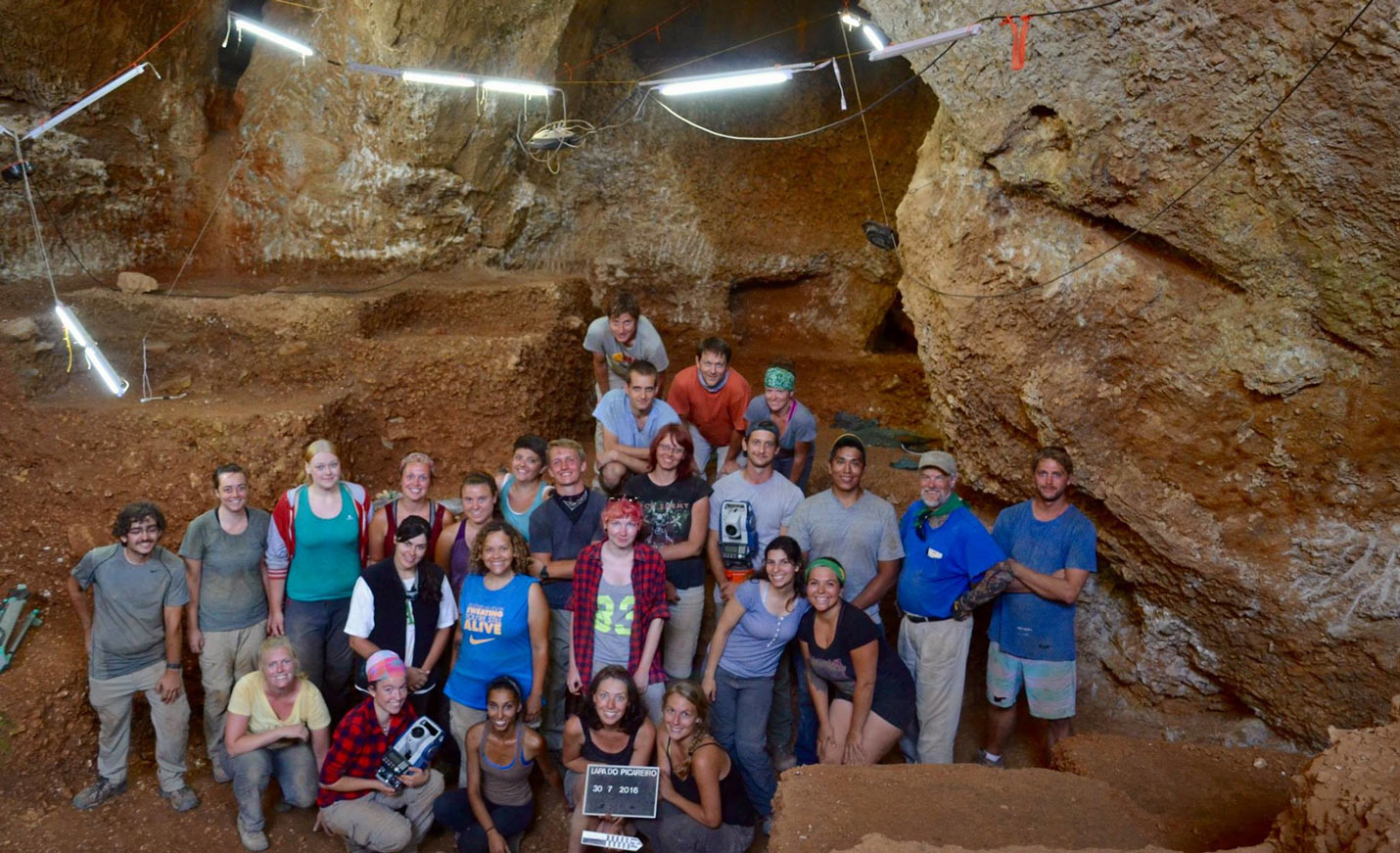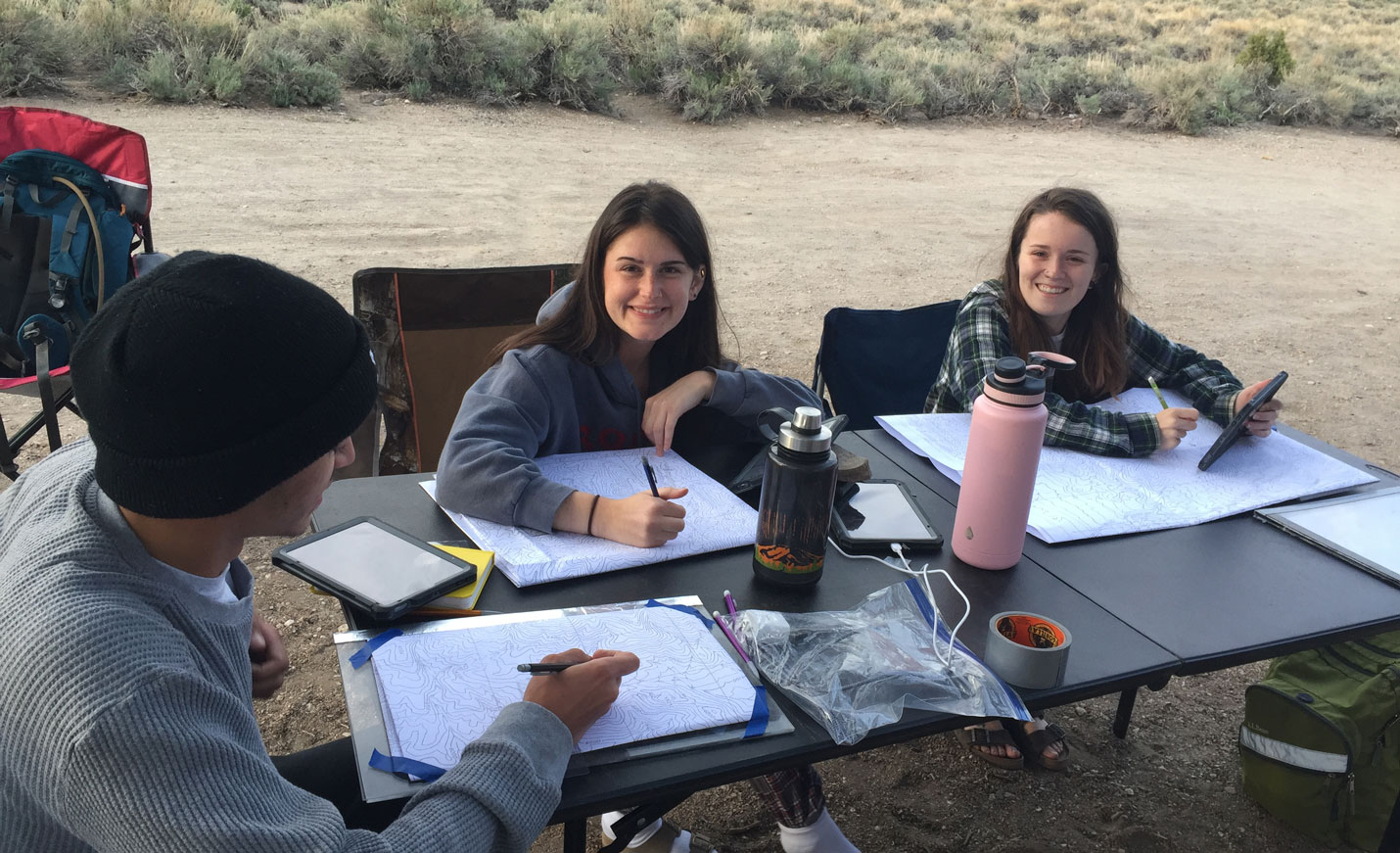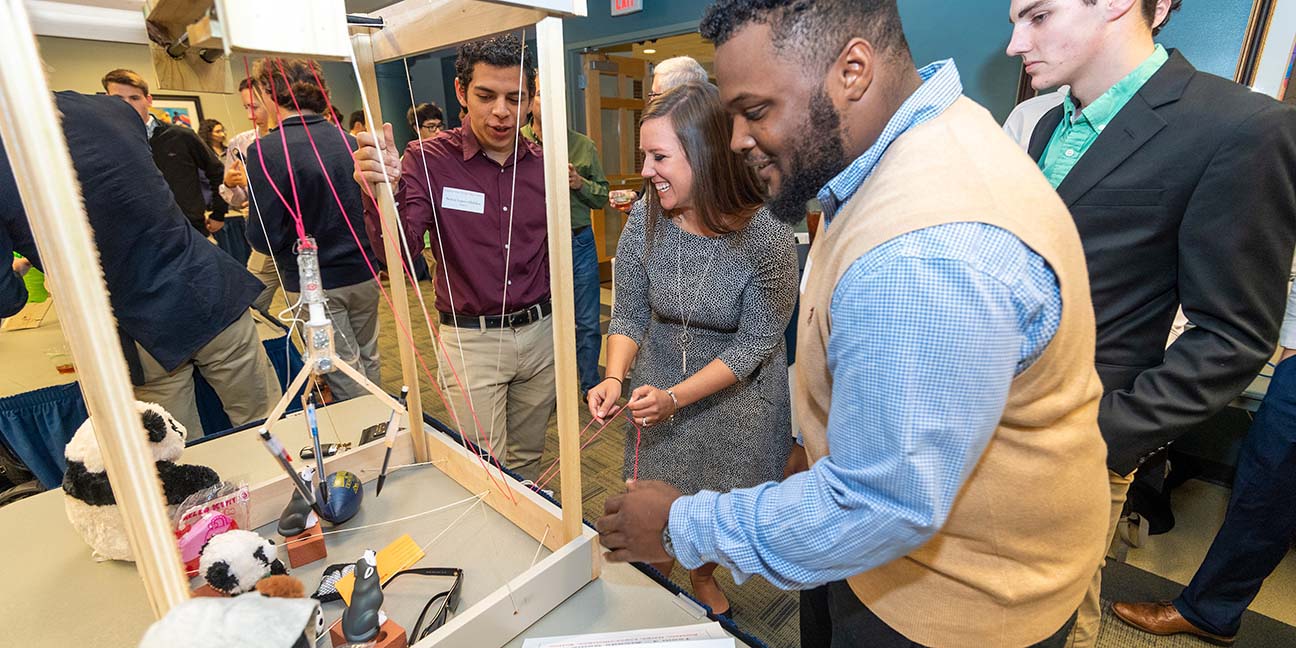Oceanography, B.S.
Designed specifically for students interested in pursuing professional, research or academic careers and/or advanced degrees in the ocean sciences.
Geography and Geospatial Sciences, B.A.
Broad, flexible program that meets personal educational goals and interests, including careers and graduate study in physical or human geography, planning or applied geography.

